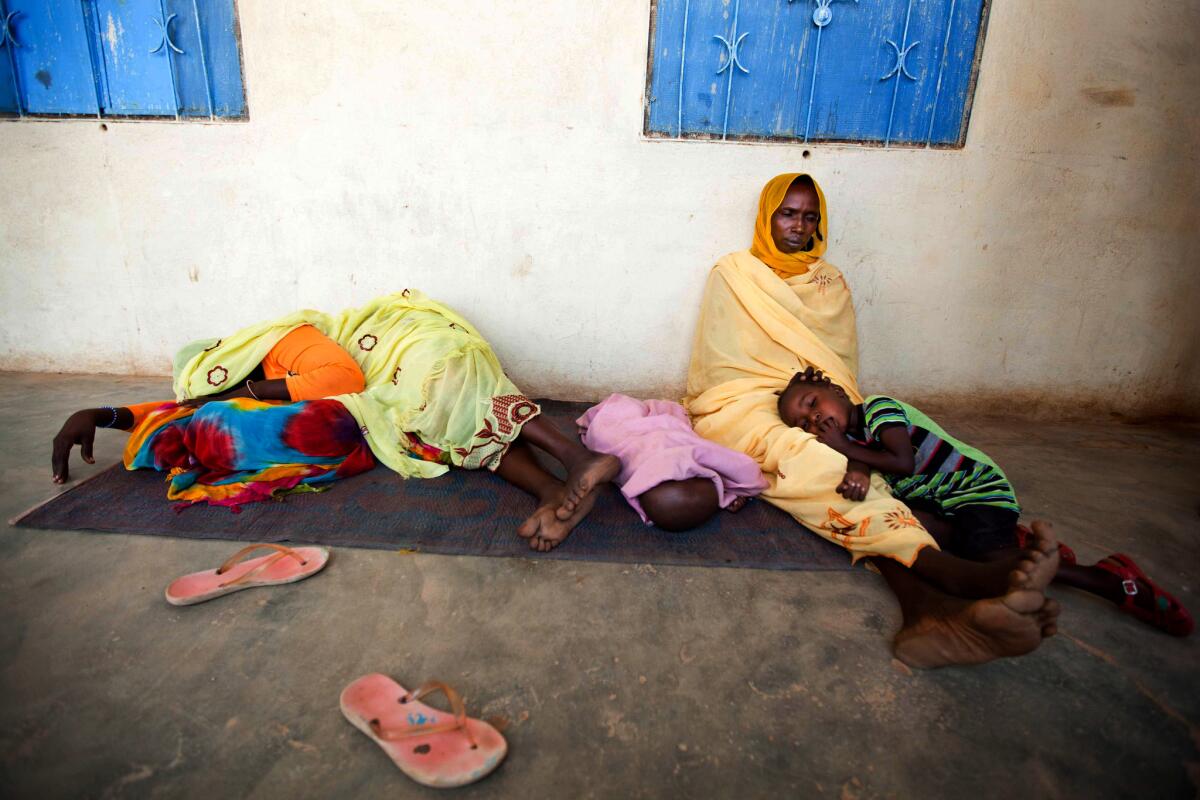Health leaders concerned by resistance to anti-malaria drugs

WASHINGTON â Although malaria deaths have fallen worldwide over the last decade, health leaders warned Wednesday of a small but rising threat in parts of Southeast Asia, where anti-malaria drug resistance is confounding experts.
Four countries â Cambodia, Myanmar, Thailand and Vietnam â make up an âepicenter to malarial drug resistance,â said Robert Newman, the director of the World Health Organizationâs Global Malaria Program.
Researchers have found that people in the Southeast Asia region have surprisingly high rates of resistance to artemisinin-based combination therapies, which are considered the best ways to treat the most deadly of the four types of parasites that cause malaria in humans.
Itâs a problem without a clear fix, even though malaria deaths in those countries have continued to decline, he said.
The cases represent only a tiny portion of malaria cases worldwide, but nevertheless require âmore attention because history has taught us what happens if these cases get out of control,â Newman said. Keeping drug resistance from reaching Africa is also critical, he added.
âItâs a modest number of cases,â he said, âbut it takes up a lot of our bandwidth.â
The transmission of malaria across borders could be a factor. Insufficient regulation and inappropriate use of drugs also contribute, Newman said, giving the example of patients who stop using the medication after a few days because they start to feel better.
Substandard or counterfeit medicines may play a role because they contain enough of the right ingredients to kill some of the infectious parasites, but not enough to kill other bad strains.
Drug resistance was a small but perplexing part of the World Health Organizationâs 2013 World Malaria Report released Wednesday at the National Press Club. Global leaders in combating malaria identified problems in testing and reporting accurate estimates, but said that a lack of funding was the single greatest threat to eventually eradicating malaria.
The Global Fund to Fight AIDS, Tuberculosis and Malaria, which received $12 billion in pledges from countries and donors worldwide last week, has committed $100 million over the next three years to addressing drug resistance in the Southeast Asia region, Newman said.
ALSO:Ukrainian leader calls for dialogue after police sweep fails
Indiaâs Supreme Court reinstates law criminalizing gay sex
In pioneering experiment, Uruguay nationalizes marijuana trade
More to Read
Sign up for Essential California
The most important California stories and recommendations in your inbox every morning.
You may occasionally receive promotional content from the Los Angeles Times.










